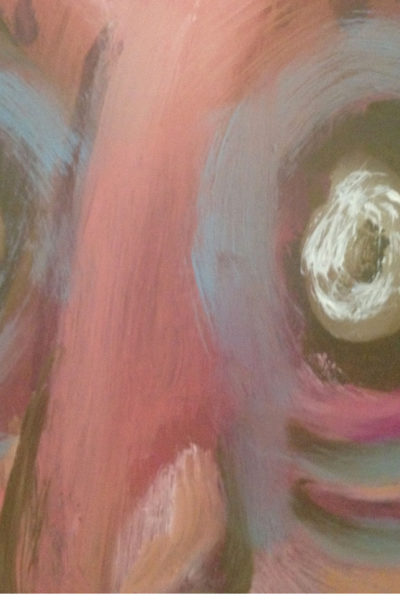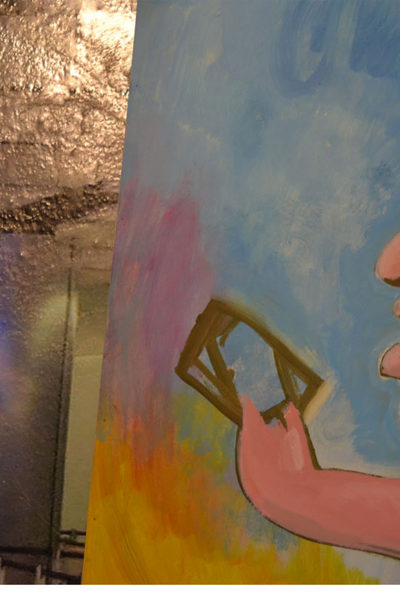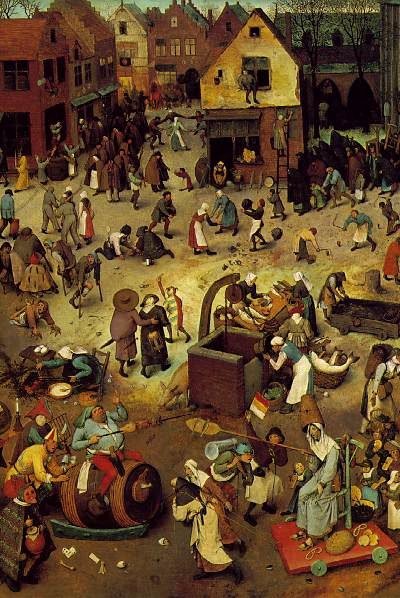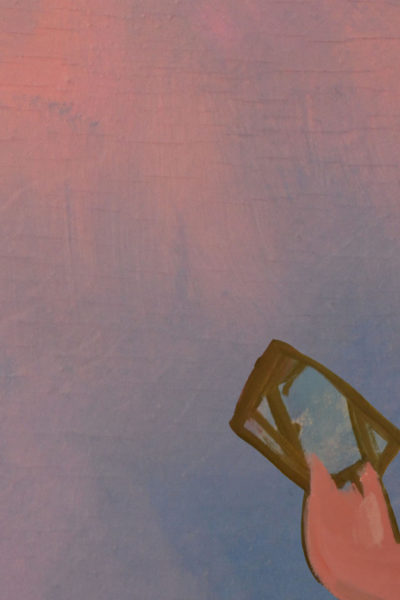The Children’s Classic That Secretly Brought Existentialist Philosophy Into American Homes
Maybe there is another model for fantasy, one that does not simply eschew the Christian framework established by Tolkien and Lewis that so defines the genre, but complicates it, turning the focus away from destiny and back to moral choice, to human agency.
The dynamic of competitive youth women’s athletics is extremely weird and fertile and interesting.
Sharon Mashihi and Aaron Finbloom
If a conversation has rules, can it somehow go deeper?
On Haiti and the Resistive Imagination
The zombie of the Revolution has now infiltrated popular culture, history, and creative expressions.
Full Stop Quarterly: Limits and Listening
When one listens, one opens oneself to the world.
What we talk about when we talk about the Space Age.
George Lippard: Gothic Architect
Lippard’s journalism was lurid and fictionalized, his historical writing Gothic, his Gothicism sentimental, based on real events, and often intended — like his nonfiction — to instruct and improve society.
As evinced by the last four decades of DIY music, we already use the technology of tech-capitalists toward proto-revolutionary ends, even small-scale, revolutionary societies.
After disaster, there is only disaster. It is a familiar and unrecognizable present. And whether we recognize it or not, whether we read it or write it or not, we are living the climate crisis.
Some Questions About First Novels
The history of the novel is also the history of people coming into an understanding of themselves, of the ways in which we use art not only to reflect but also to change ourselves.











